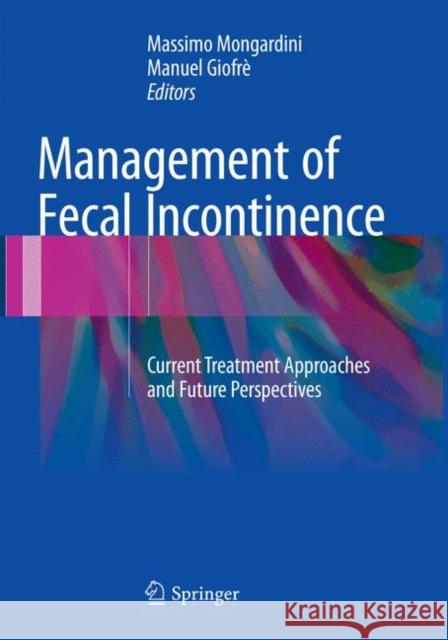Management of Fecal Incontinence: Current Treatment Approaches and Future Perspectives » książka
topmenu
Management of Fecal Incontinence: Current Treatment Approaches and Future Perspectives
ISBN-13: 9783319812274 / Angielski / Miękka / 2018 / 162 str.
Kategorie BISAC:
Wydawca:
Springer
Język:
Angielski
ISBN-13:
9783319812274
Rok wydania:
2018
Wydanie:
Softcover Repri
Ilość stron:
162
Waga:
0.36 kg
Wymiary:
25.02 x 18.21 x 0.84
Oprawa:
Miękka
Wolumenów:
01











